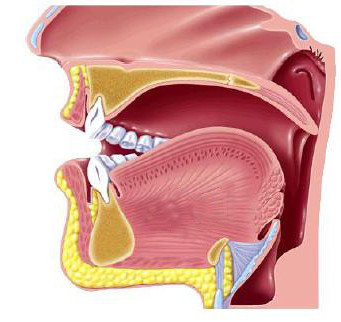
Learning a new language is a challenging but rewarding experience. While mastering vocabulary and grammar is important, it’s equally crucial to understand the spirit of the language. The spirit of the language refers to its pronunciation and the functional vocabulary used to express temporal, spatial, and personal relationships. This aspect of the language can be difficult to learn for students, but once mastered, it can make learning the rest of the language easier. In this article, we’ll explore the importance of the spirit of the language and how to master it.
What is the Spirit of the Language?
The spirit of the language refers to the foundational elements of the language, which include its pronunciation and functional vocabulary. It’s the essence of the language that can be challenging for students to learn. According to Gattegno, an educational theorist, mastering the spirit of the language is crucial as it forms the basis for learning the rest of the language.
Why is the Spirit of the Language Important?
Without mastering the spirit of the language, learning the rest of it can be a daunting task. If you struggle with pronunciation and using functional vocabulary to express temporal, spatial, and personal relationships, then learning new vocabulary, expressions, idioms, and literature can be much more challenging. The spirit of the language forms the foundation of the language, and without it, you will struggle to achieve fluency and proficiency.
How to Master the Spirit of the Language?
To master the spirit of the language, start with its pronunciation. Listen to native speakers and practice speaking the language regularly. Record yourself and listen to your pronunciation to identify areas that need improvement. Additionally, focus on the functional vocabulary used to express temporal, spatial, and personal relationships. Practice using these words in context and with native speakers.
The Benefits of Mastering the Spirit of the Language
Mastering the spirit of the language has numerous benefits. Firstly, it can make learning new vocabulary and expressions much easier. Secondly, it can help you to communicate more effectively with native speakers. Thirdly, it can boost your confidence in speaking the language. By mastering the spirit of the language, you’ll be on the path to achieving fluency and proficiency.
Conclusion
In conclusion, mastering the spirit of the language is crucial to achieving fluency and proficiency in a new language. It forms the foundation of the language and makes learning new vocabulary, expressions, idioms, and literature much easier. To master the spirit of the language, focus on its pronunciation and functional vocabulary used to express temporal, spatial, and personal relationships. With regular practice and dedication, you’ll be well on your way to achieving your language learning goals.





Leave a Reply